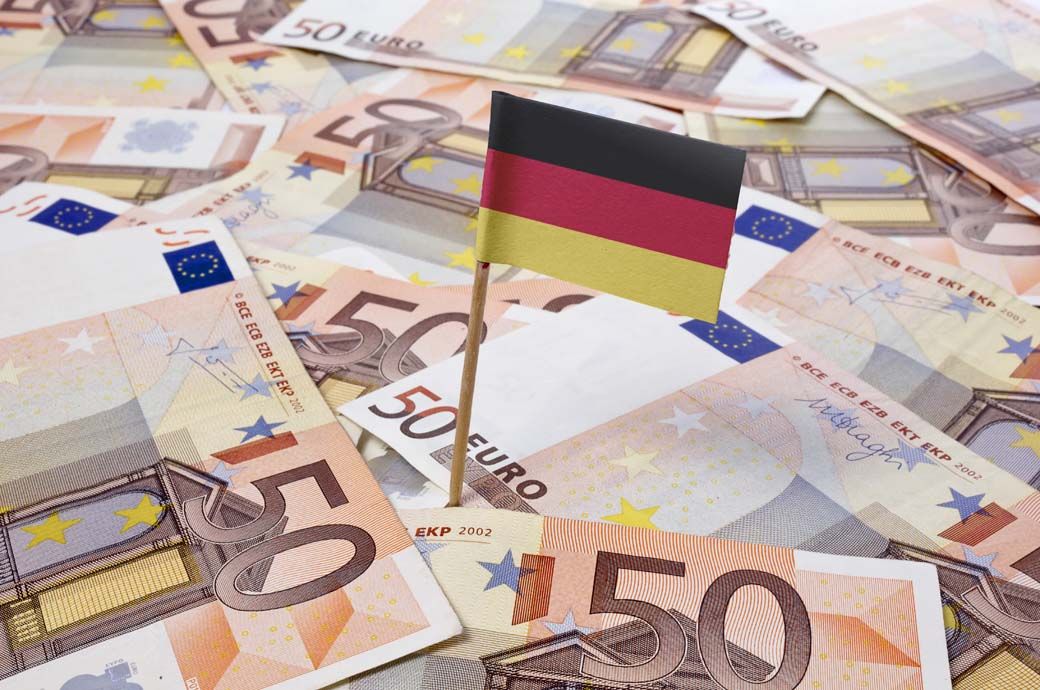
The plan foresees a four-year corporate tax cut totalling €32 billion. The tax cuts include a premium for energy-saving investments, and regulatory changes to make it easier for companies to write off losses.
"We have a situation where growth is not as strong as we would like, so, with these measures, we want to… encourage companies to invest now," Chancellor Olaf Scholz told a press conference recently. Economy minister Robert Habeck and finance minister Christian Lindner were present.
Scholz belongs to the centre-left Social Democratic Party of Germany (SPD), Habeck to Green Party and Lindner to business-friendly Free Democratic Party (FDP). The current ruling coalition was formed in late 2021.
All three parties in the ruling coalition are under increased pressure due to German economy stagnating amid prolonged geopolitical tensions.
The leaders also agreed to cut down on bureaucracy and improve digitalisation. Habeck praised the anti-bureaucracy initiative as a push towards a ‘modern state’.
Germany witnessed flat growth in the second quarter this year, having fallen into recession at the turn of the year. Germany has badly affected following Russia's invasion of Ukraine that saw German energy prices surge.
ALCHEMPro News Desk (DS)
Receive daily prices and market insights straight to your inbox. Subscribe to AlchemPro Weekly!